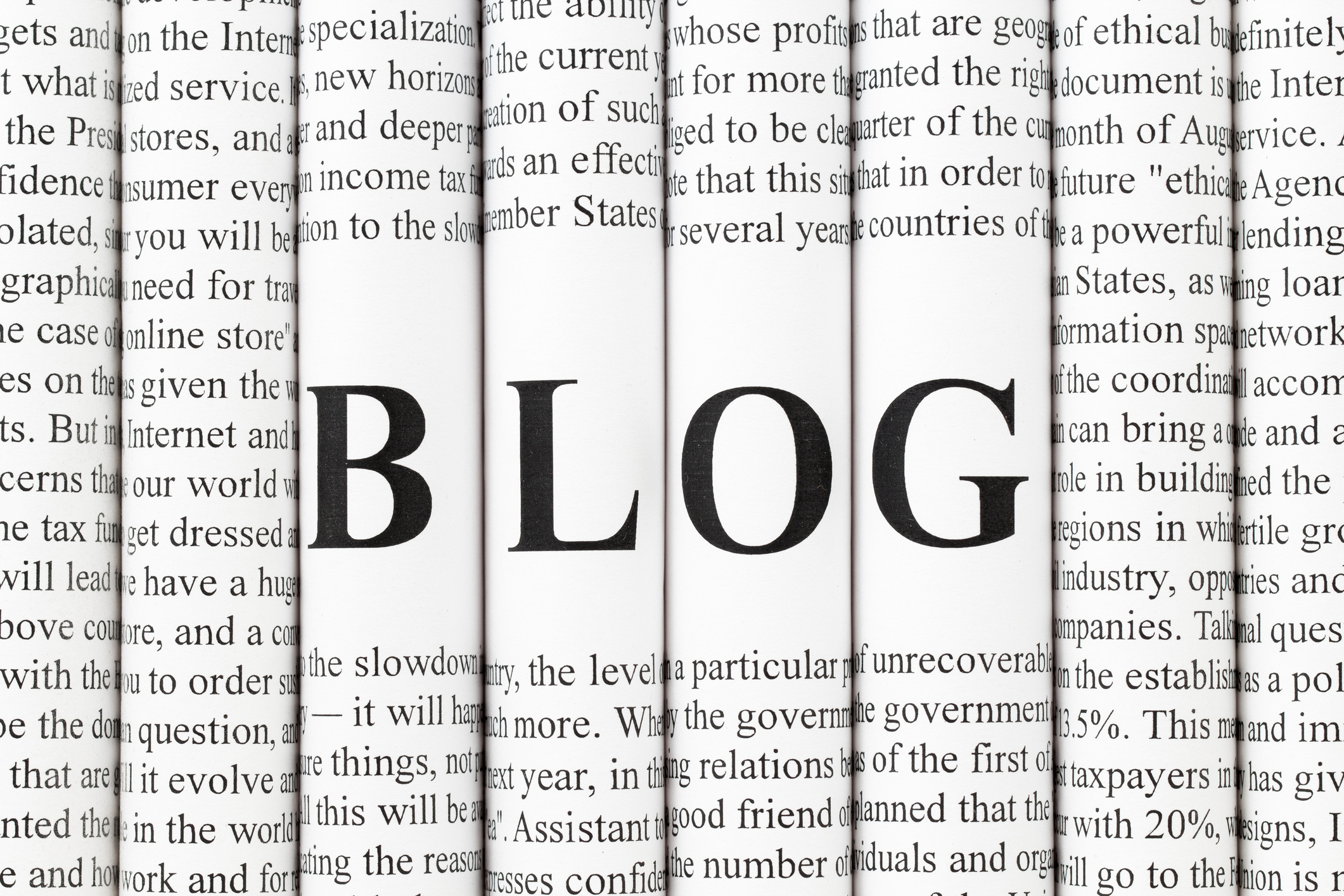
RRSP (aka RSP) stands for Registered Retirement Savings Plan. In 2005, Ipsos Reid conducted a survey on RRSP utilization in Canada and found that over 2/3 of all eligible Canadians do in fact have an RRSP account, though only about 50% of Canadians made regular contributions to the account each year. Since that time, however, the economy has gone through some less than ideal conditions, and newer studies have concluded that fewer Canadians are opening and contributing to RRSP accounts - younger Canadians (under 34) in particular.
Before going too far, take a moment to check your knowledge of RRSPs. Most Canadians understand the basic concepts:
- Put money into an RRSP to save for the future and (at the same time) lower my tax burden for this year.
- There is a 'contribution limit' that taxpayers are given based on income earned in a single year.
- When you take money out of an RRSP, you will be taxed on your withdrawal (...this leads to confusion)
- Money can be taken out of an RRSP for certain other purposes such as buying a first home, going back to school and eventually....retirement.
Of course it goes much deeper than that, and if you're looking for a better understanding of the RRSP, do check out the CRA website (RRSP section) or talk to a qualified financial advisor - who should be more than happy to spill the details.
Great - but what about the self-employed?
Essentially, RRSPs work the same for business owners - the big differences usually exist around taxable income levels. Most salaried employees have little control over how their income is taxed. A business owner working with his or her accountant may find many opportunities to find lower income levels. This is not a bad thing at all - but it may have the unintended consequence of substantially lowering your maximum RRSP contribution level (18% of earned income).
Another important difference is that going into business for yourself essentially means taking care of yourself (financially) in retirement. For some business owners - their business is their retirement savings plan. Yes, if you're fortunate you might do just that - build a successful company from the group up and sell it for a large payout when you decide it's time to retire - but not all business owners have that luxury. When you take yourself out of your business - what is it really worth? A business that thrives on the intellectual, creative or professional skills of you as an owner may not be an attractive purchase - and may not generate the same windfall as other business models.
Either way, planning ahead is a good idea, and building up your RRSP is a smart way to plan for your (potentially pension-less) retirement.
Another important point to make is that small business owners have an advantage when it comes to making a withdrawal from their RRSPs. Most businesses have good and bad years - and one way to take advantage of those ups & downs is to contribute as much as possible in the good years (to reduce taxes) and to draw from your RRSP in the down years. Remember - taxes on RRSP contributions and withdrawals are based on marginal tax rates.
Consider an extreme example where a business has a record year (financially) in 2010 - earning its owner a 100K+ income for 2010, but struggles in 2011 - with the same business owner drawing only 10K in personal earnings for 2011. In this scenario, assuming he had the foresight to make a significant RRSP contribution in 2010 - it would make perfect sense to withdrawal some extra income during 2011.
2010: $100,000 - $20,000 = $80,000 taxable income
2011: $10,000 + $20,000 = $30,000 taxable income
---------------------------------------------------------------------
$80-100K income would have been taxed at nearly 40% in British Columbia....potentially $8000 in taxes.
$10-30K income is taxed at a lower level - roughly 20% - or - $4000 in taxes....saving Mr.SelfEmployed about $4000.
That's not a perfectly realistic example - but it goes to show that the self-employed should think about their likely fluctuations in annual income levels, and consider using an RRSP strategy to smooth things out over the years.
RRSPs are not for everyone - and ultimately it's your decision how best to save for retirement. Talk to your accountant - talk to your banker. Arming yourself with the right information about RRSPs will make those conversations more meaningful and beneficial to you and your future.
RRSP Guide 2011 (Desjardins Financial)
PHOTO CREDIT: Photo Invest created by Wonderwebby on Aug 2, 2008, available under a Creative Commons Attribution license. Last viewed on Feb 4, 2011.



